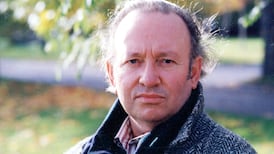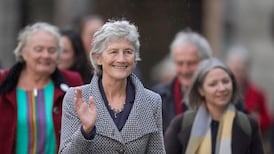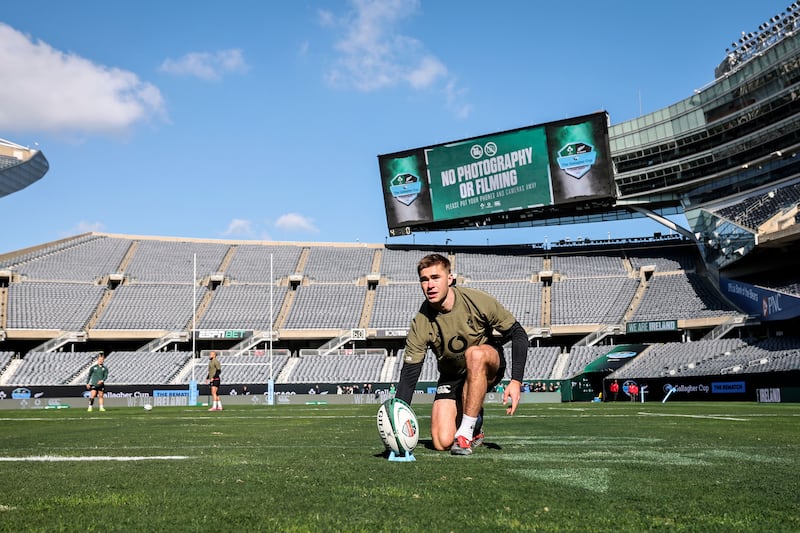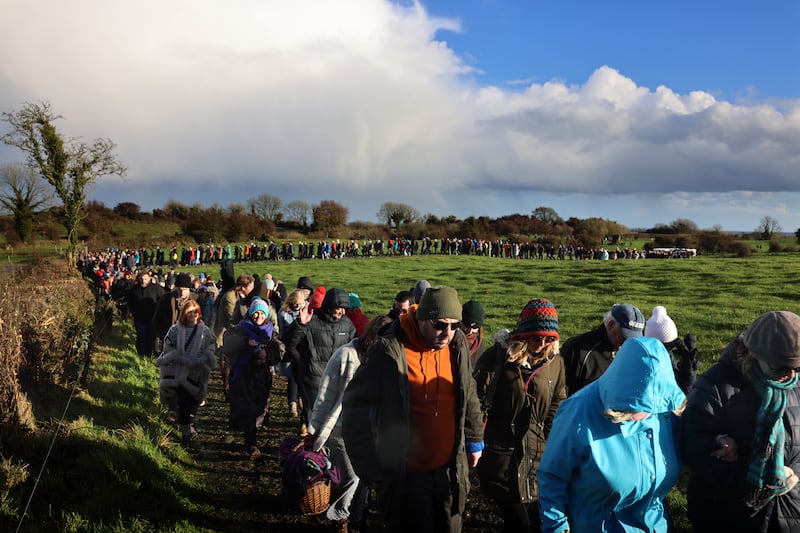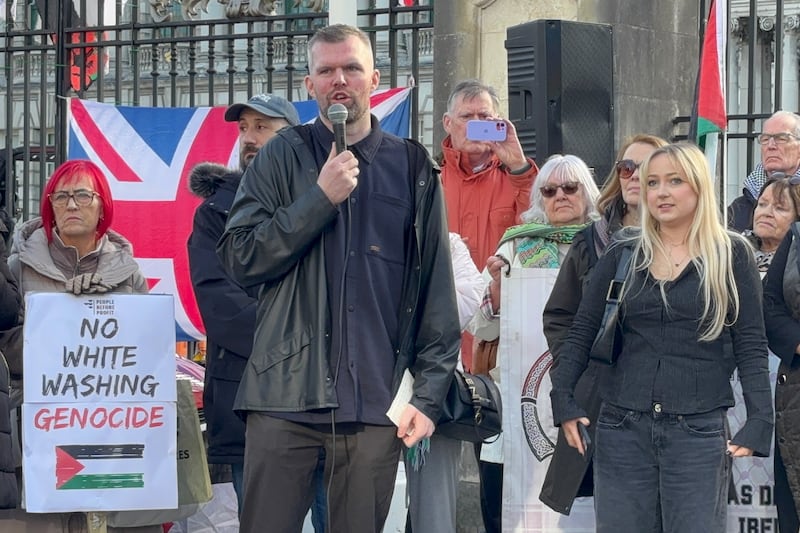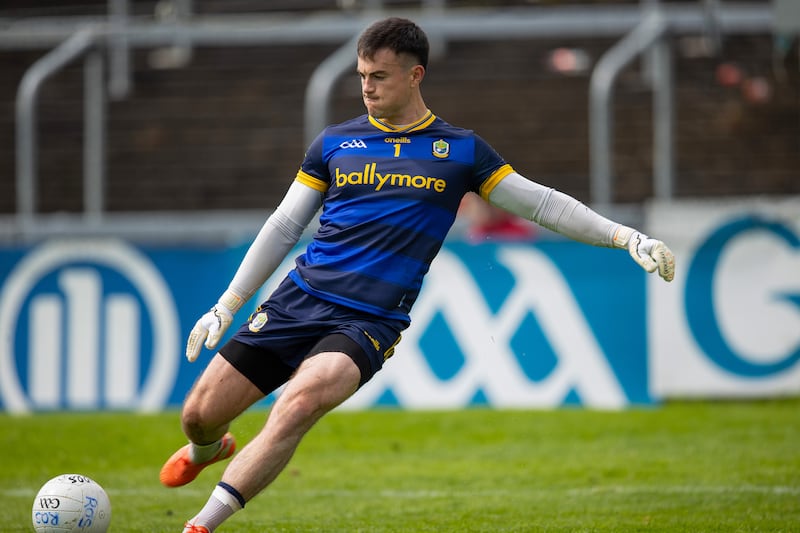I was listening on the radio as Julian Gough won the second ever BBC National Short Story Award (NSSA) for The Orphan and the Mob, a “Tipperary Star Wars” of a tale, as Gough himself described it, praised by the judges for its madcap comic energy and brio. The ceremony was broadcast live, and as Gough stepped up to the podium he wept and said, “This has saved my writing life.”
My own writing life, back in the spring of 2007, felt like it could do with a bit of saving – as evinced, perhaps, by the fact I was still lying in bed with the radio on long past the time I should have been at my desk. I was floundering – whole days, weeks, went by in which I felt truly lost. My first novel had been published the year before, and with that passport into the life I’d always wanted I’d been working on a collection of stories, set in the Belfast of my youth and between Belfast and the London in which I now lived.
Short stories were the form I loved above all else – going back to the days my mum and I would walk down the hill to the shops at Cherryvalley to do her messages, and we’d look in the newsagent for Storyteller. The magazine was a compilation of folktales and fairy stories from around the world, and came with a cassette tape so you could listen to them read aloud, a ding telling you when to turn the page. I learned my favourites by heart – crawled into the space behind the brown velour sofa and pretended to be a radio.
Mum always had the radio on, and Radio 4 broadcast a rich variety of stories – in front of me is the anthology marking 50 years of Woman’s Hour, including stories by Maeve Binchy, Amy Bloom, Éilís Ní Dhuibhne, Helen Simpson, Sylvia Townsend Warner ... It was edited by a young producer called Di Speirs, and I took it from my mum’s bookshelf as a teenager and never returned it. I wanted to be one of these writers more than anything else.
READ MORE
But my own stories didn’t work – none of them had soul, and as a whole they were even less than the sum of their parts. They didn’t unfurl in the reader, continuing to grow after you finished reading – they were overly discursive, lifeless. I’d made the grave, naive mistake of thinking that because I’d finished a novel, stories would be easy – in fact, as I began to learn then, they are the most difficult of literary forms, pure and taut and essential; “high-wire acts” as Kevin Barry puts it, or as Mary Lavin says, my favourite description, “arrows in flight”.
The National Short Story Award had been founded two years earlier by a number of parties concerned about the lack of a serious prize for excellence in an undervalued literary form. These included Speirs, by then an executive producer at the BBC, who ensured the stories reached an audience of millions, with the winner announced on national radio. For the first two years it was funded by Nesta and supported by Prospect Magazine as well as the BBC; from 2008 the BBC took it on, with support initially from Booktrust and, for the past eight years, from Cambridge University.
At the time, it was the world’s largest prize for a single story – and is once more, having outlived the £30,000 Sunday Times Short Story Award, which ran from 2010 to 2021. Alexander Linklater, associate editor of Prospect, told the Guardian, “Stories are no more short novels than novels are long stories. They are fundamentally distinct forms. Somewhere down the line, our literary culture forgot this and idly handed over its laurels to the novel. The National Short Story prize is a reminder of what it is that only stories can do.”
Two decades on, Di is keen to stress how true this remains: our over-emphasis on the novel. She fell in love with short stories when a university friend gave her William Trevor’s The Ballroom of Romance, saying it was every bit as good as any novel. She still remembers her astonishment at the clarity and precision of those stories, the way you as a reader are placed in them, the gaps and the clues, the way that each story is a distillation of character, emotion, sense. Di went on to meet and to work with Trevor (himself shortlisted for the inaugural award), and he told her that no story of his had ever taken less than 17 drafts – such was his commitment to finesse.
The number of world-class short-story writers we have in Ireland can obscure how hard it can be to make a living within the form, or at least to centre your writing life around it. Those of us who practise the form devotedly do so in the knowledge there are rarely commercial prospects for collections. It sometimes feels a self-fulfilling loop – less publicity, fewer reviews, fewer festival invitations lead inevitably to fewer sales, less interest …
There are, of course, benefits to working within a marginalised or less mainstream form – the creative freedom you have when freed from commercial expectations; the surety that your labours truly are of love. These are wild and precious gifts. But maintaining a balance isn’t easy.
There are great writers who never receive their public accolades. Prizes are, of course, only one part of a literary ecosystem, yet they do matter. The attention they bring, the new readers, the heightened profile and opportunities – and when prizes come with a large cash sum, in the case of the National Short Story Award £15,000, the most miraculous gift of all: the space and time to write. Just before Ross Raisin won last year with Ghost Kitchen, he was seriously considering giving up writing altogether – like Julian Gough, he credits the award with saving his writing life.
This feels the moment for me to acknowledge my debt of gratitude to the National Short Story Award – and even more than the year I won it with All the People Were Mean and Bad, a tough year of lockdown and leaving London, a year of barely writing, I think of my first shortlisting in 2012 as a golden ticket that changed my writing life. I’d continued to write stories without any coming to life for more than a flicker. It felt a source of great shame that I should be a published novelist, by then twice over, with a third forthcoming, a performed playwright, yet not be able to make a story lift off.
But my love of the form was undiminished even by my own failures within it, and I gradually began to understand it, or to understand what I might be able to do in it. I started thinking of my stories not as narratives but as “spells”; words and rhythms to conjure something up, an atmosphere, some intensity of sensation, to be magicked anew each time the story was read.
When Escape Routes was shortlisted, the boost was like rocket fuel – a surge of confidence that allowed me to admit that a debut collection was what I wanted to be working on. Multitudes came out in 2016; next year, miraculously, will see the publication of Devotions, my fourth.
[ Multitudes: a post-Troubles, cliche-free, intimate portrayal of Northern IrelandOpens in new window ]
Most awards for a single story in the UK and Ireland are to reward and encourage emerging writers – a laudable and necessary thing. This newspaper has recently celebrated the Moth Short Story Prize, giving the winning stories a wide platform. For more established writers, though, there’s little, and there is not a single prize for a collection of stories; not a single one. The Frank O’Connor International Short Story Prize (2005-2015) was a vital window into English-language collections from around the world. The Edge Hill Short Story Prize, first won by Colm Tóibín in 2007, also by Claire Keegan, twice by Kevin Barry, and more latterly by Bernie McGill, is no more after savage cuts to the university’s English department.
Stories matter not for their brevity but for their intensity ... You surrender to a story – you read at its pace, for its duration
Very few big awards for fiction consider collections eligible alongside novels. The International Booker Prize explicitly admits short stories, and this year was won for the first time by a collection, Banu Mushtaq’s Heart Lamp, translated by Deepa Bhasti – but the Booker Prize, with its vaguer wording about fiction being “unified and substantial”, has never recognised the form, unless with closely linked collections published and marketed as novels. On my desk is Liadan Ní Chuinn’s debut collection Every One Still Here (The Stinging Fly/Granta), a phenomenal book which should surely have been at least eligible for the highest laurels in any healthy literary landscape.
It is in this climate that the achievement of the founders of the National Short Story Award deserves to be celebrated – their tenacity, their commitment to the form. Twenty years on, Di Speirs, who left the BBC last year, laughs when she admits to her own “sheer doggedness” in keeping it running, crediting too key figures, such as Graham Ellis, then head of production at the BBC, who ensured the prize had a future in the year and years after Julian Gough won it.
Di is still driven by her passion for the form – by the excitement of seeing, she says, what Kevin Barry can do in 13 minutes of airtime, by the discovery of brand-new voices like Saba Sams and Ingrid Persaud, by how writers can play with cycles of stories, like Jan Carson’s The Last Resort, commissioned after her 2020 shortlisting.
I joined Di as a judge this year, alongside William Boyd, Ross Raisin and Kamila Shamsie. Di calls us a headstrong bunch, but our hours of painstaking deliberation and debate have been a joy as well as a responsibility, a testament to how much the short story does and can still matter, and we’re proud of our shortlist, this year comprising Emily Abdeni-Holman, Colwill Brown, Edward Hogan, Caoilinn Hughes and Andrew Miller.
People often, I think, misunderstand the appeal of the form – talking of how stories suit our short attention spans. This isn’t quite it. Stories matter not for their brevity but for their intensity – not because their length makes fewer demands on the reader but because it demands more. You surrender to a story – you read at its pace, for its duration. I love Claire Keegan’s image of pushing off on a bicycle and freewheeling down a hill – you have to go with it, as long as it lasts, and you have to concentrate, hold on tight.
There are tough topics explored in the stories shortlisted this year, as might be expected in such turbulent and distressing times, of rampant misogyny and live-streamed genocide – but each story demonstrates ways of navigating difficult things; each seeks to complicate even as it distils its world-view; to worldviewings; to show, even in the briefest of flashes, how life can be fun, even beautiful.
This year’s winner will be announced live on BBC Radio 4’s Front Row from 7.15pm on Tuesday, September 30th. I hope there is some would-be or emerging writer listening who takes heart from the prize, or who finds inspiration – begins to think about what might be uniquely possible for them with the form. I hope they are writing this piece 20 years from now.
Lucy Caldwell’s latest book is Openings: Thirteen Stories (Faber)






